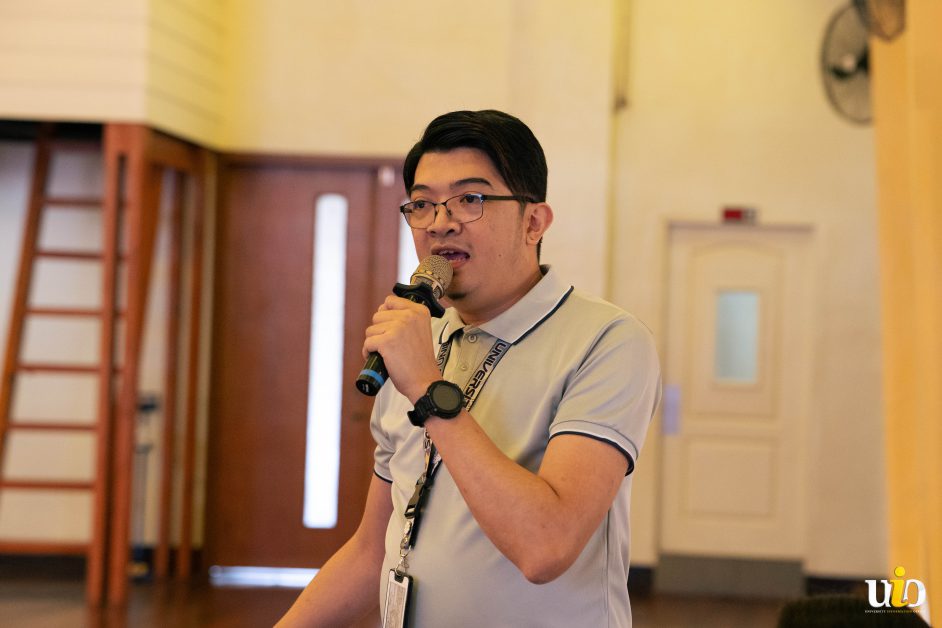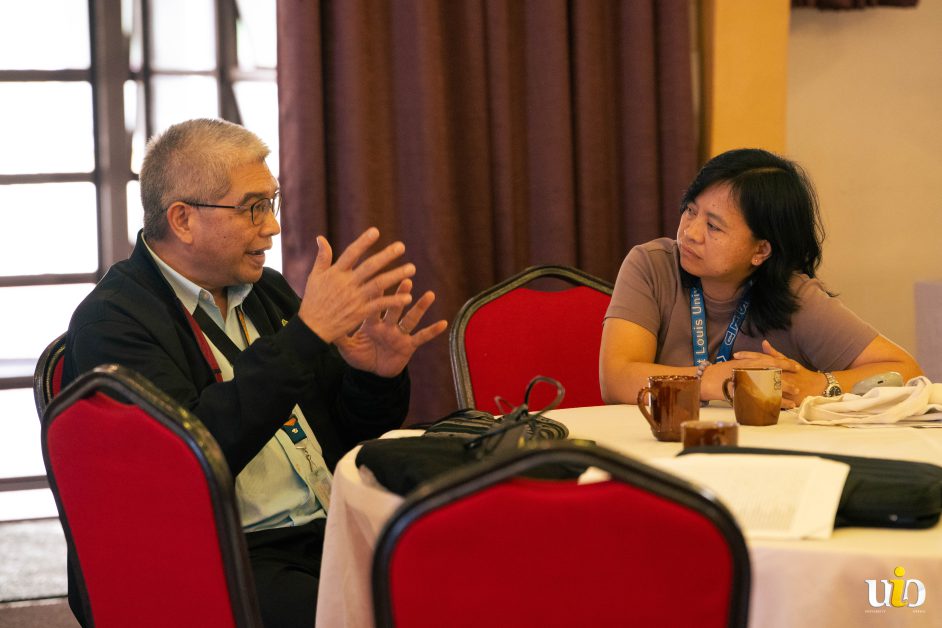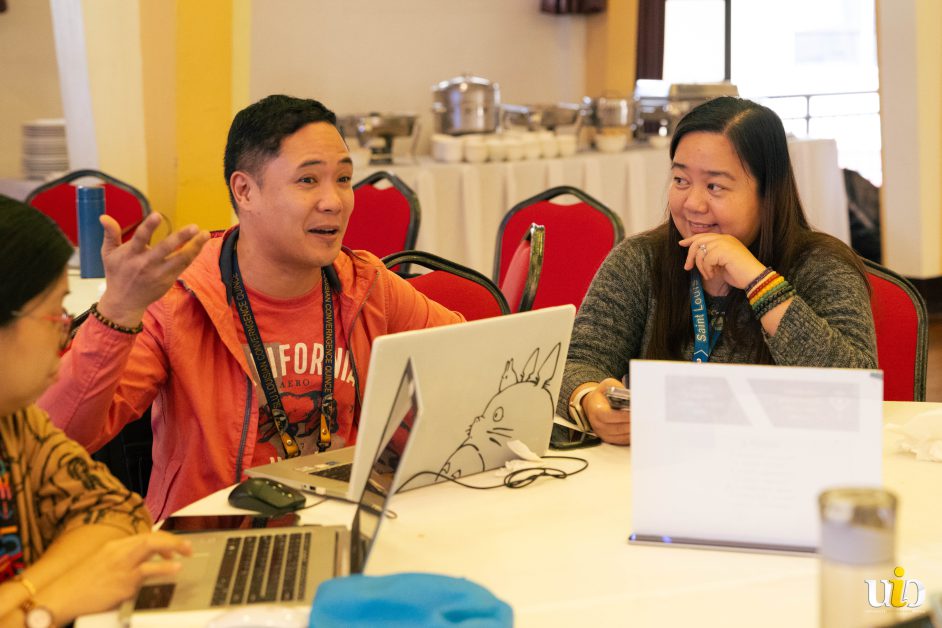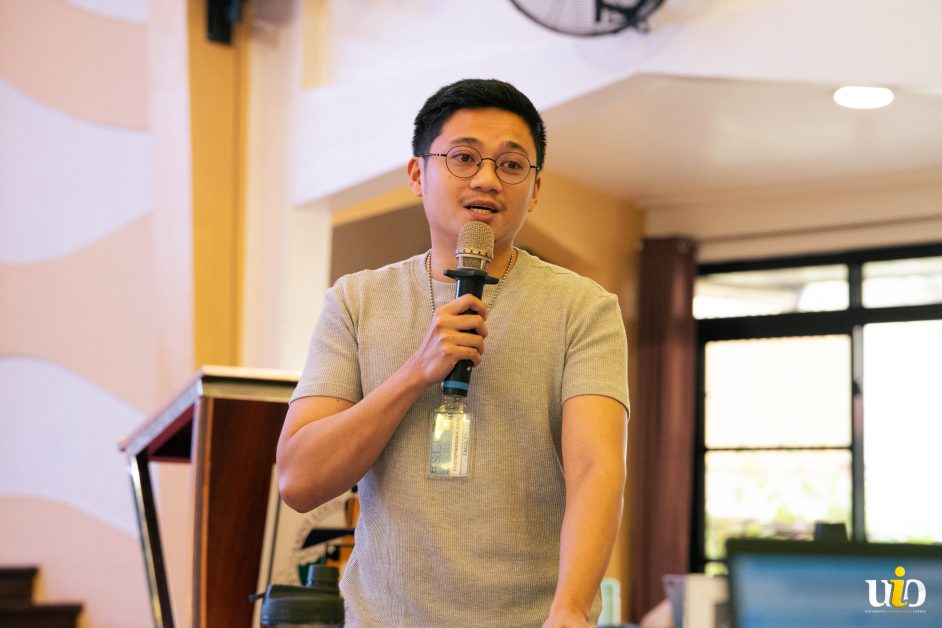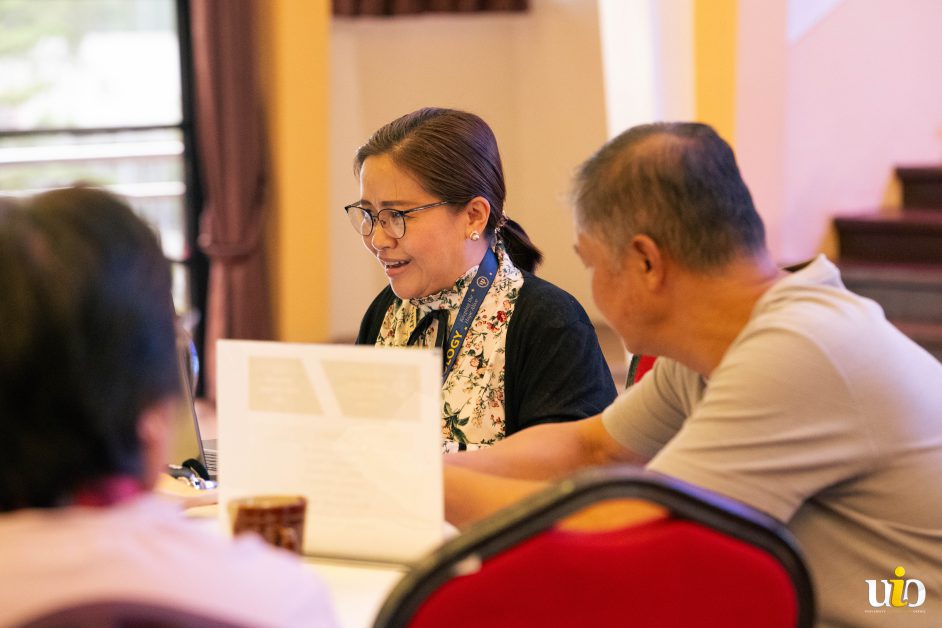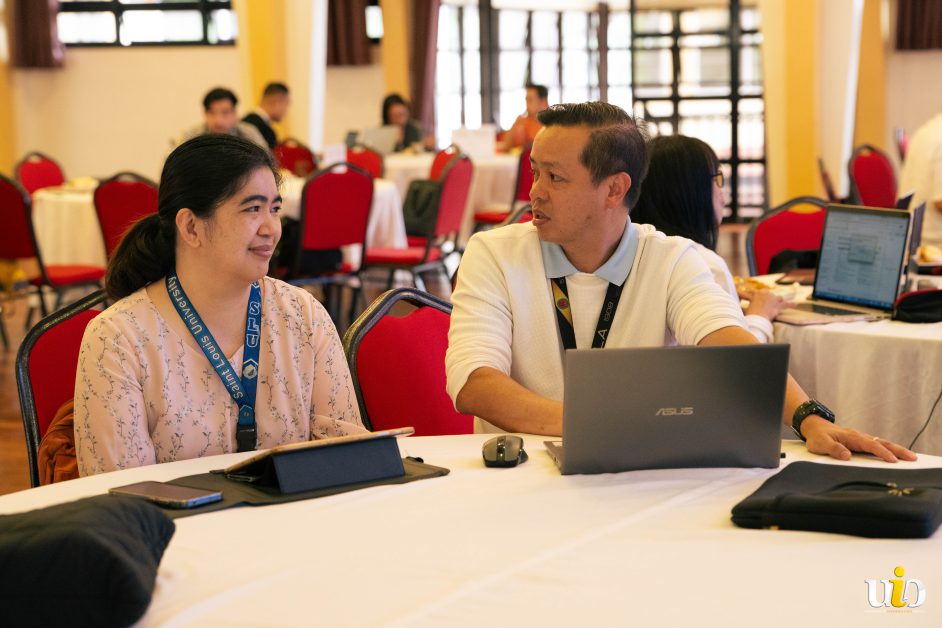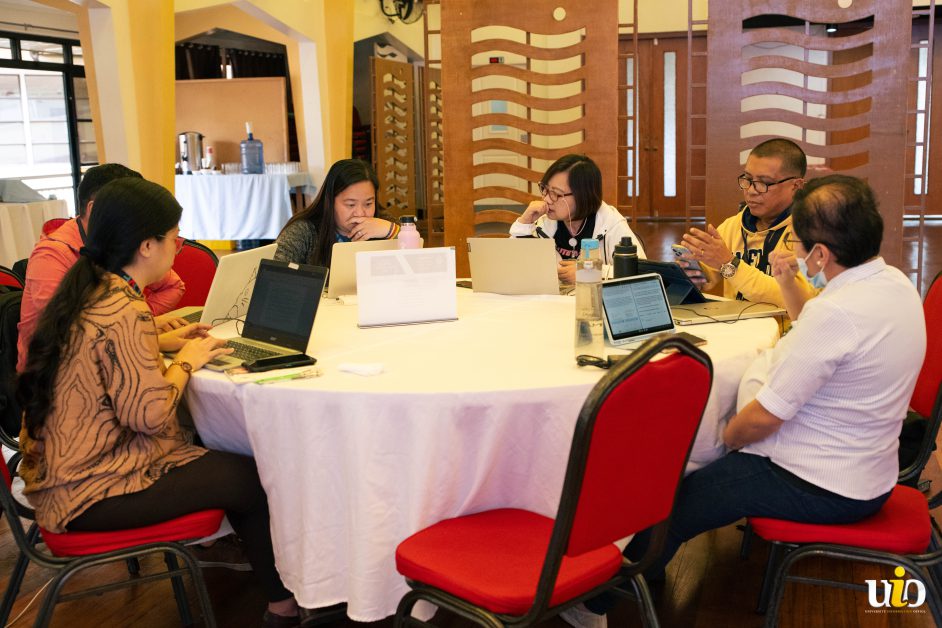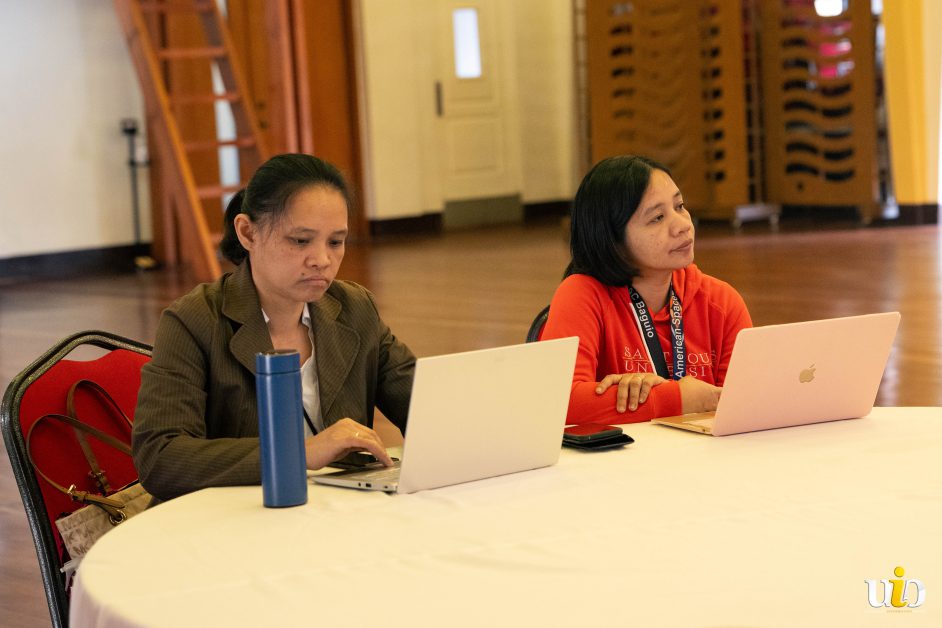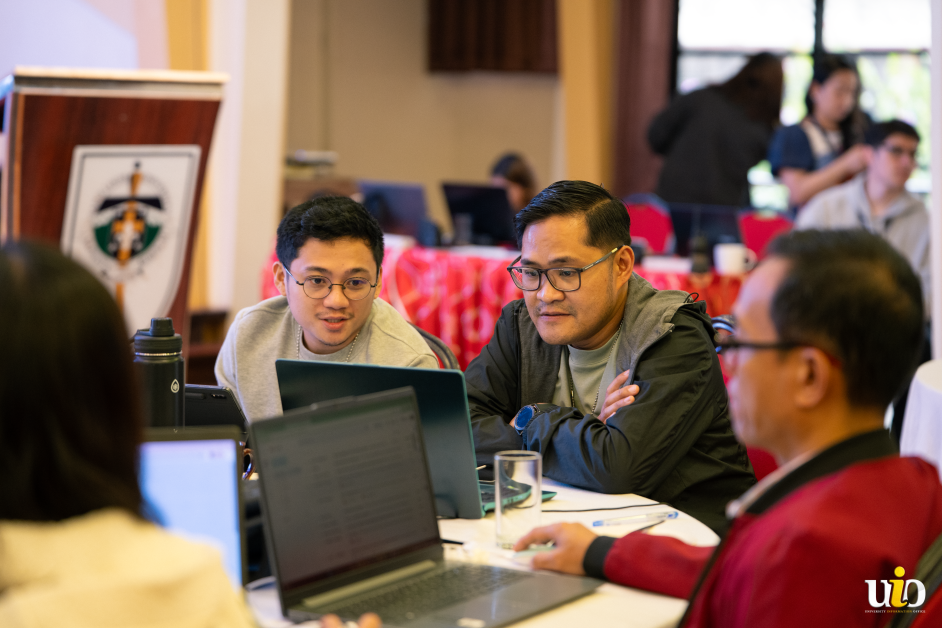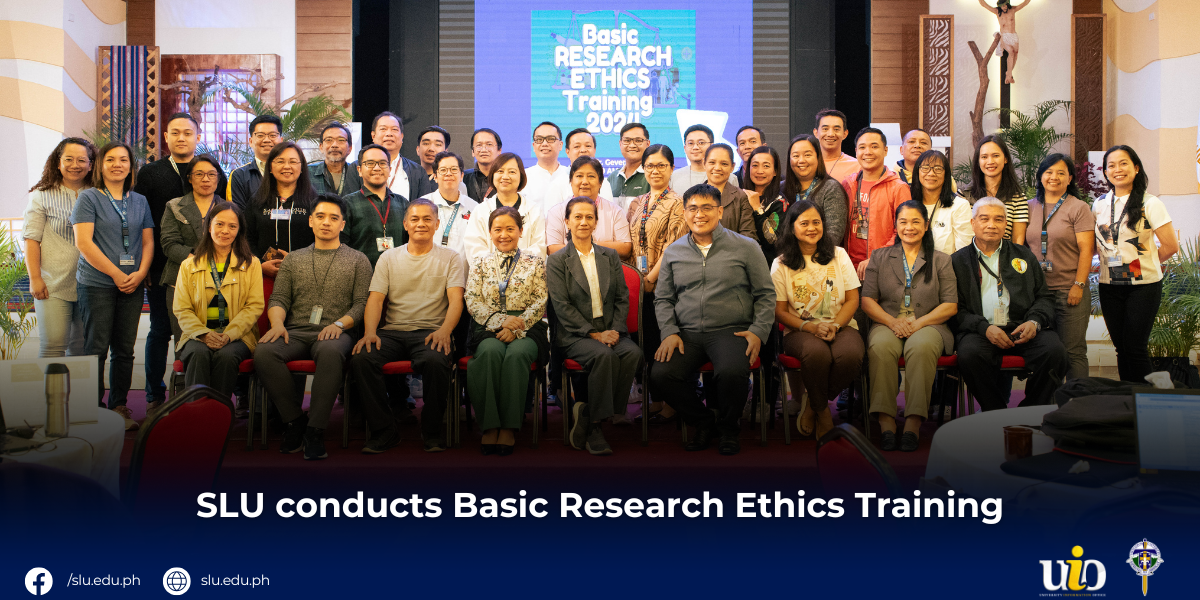Saint Louis University (SLU), through the Research Ethics Committee (REC) and University Research and Innovation Center (UNRIC), conducted a two-day Basic Research Ethics Training given to current and potential REC faculty members on 6-7 November 2024 at Fr. Francis Gevers Hall, Saint Louis University.
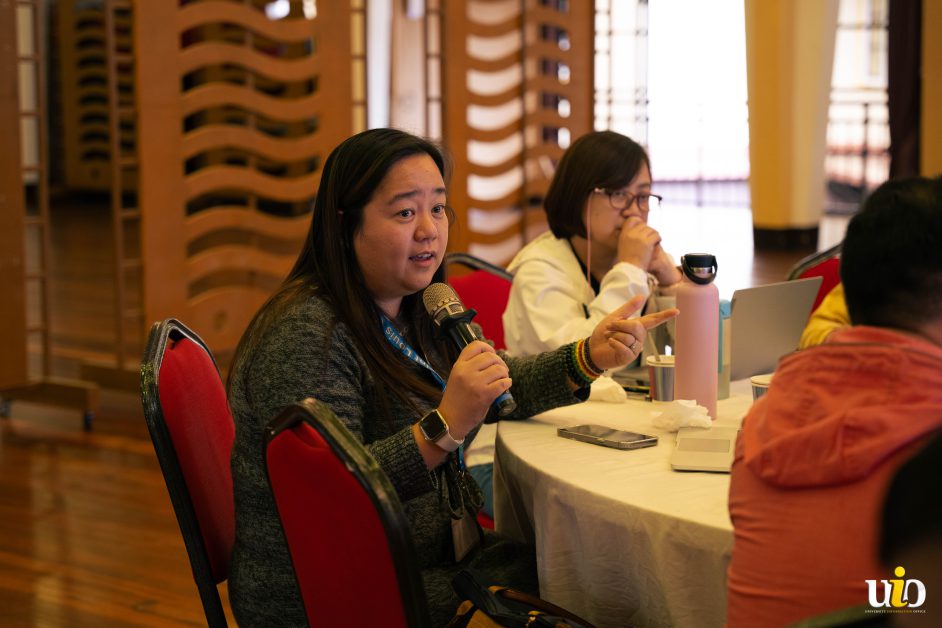
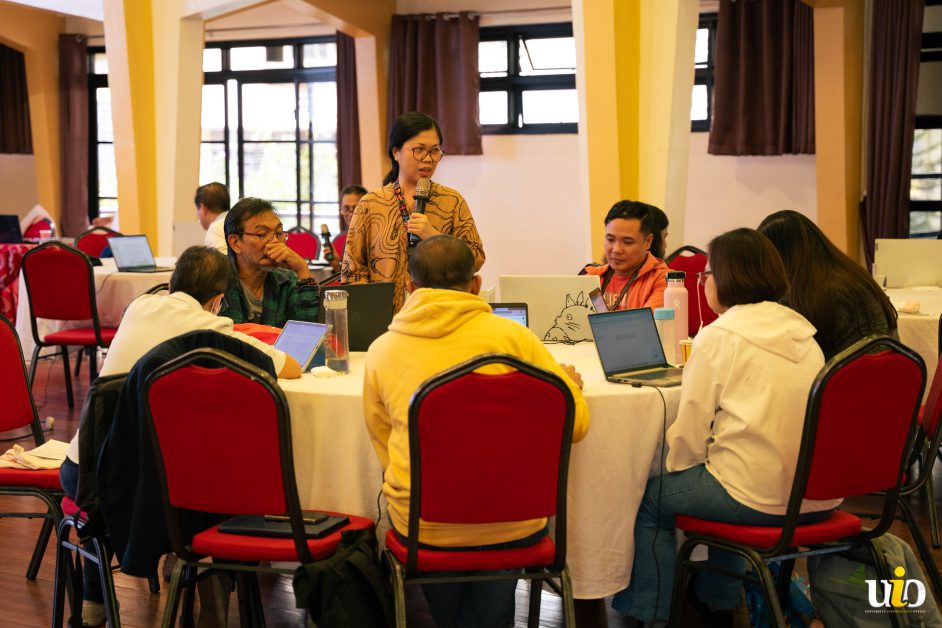
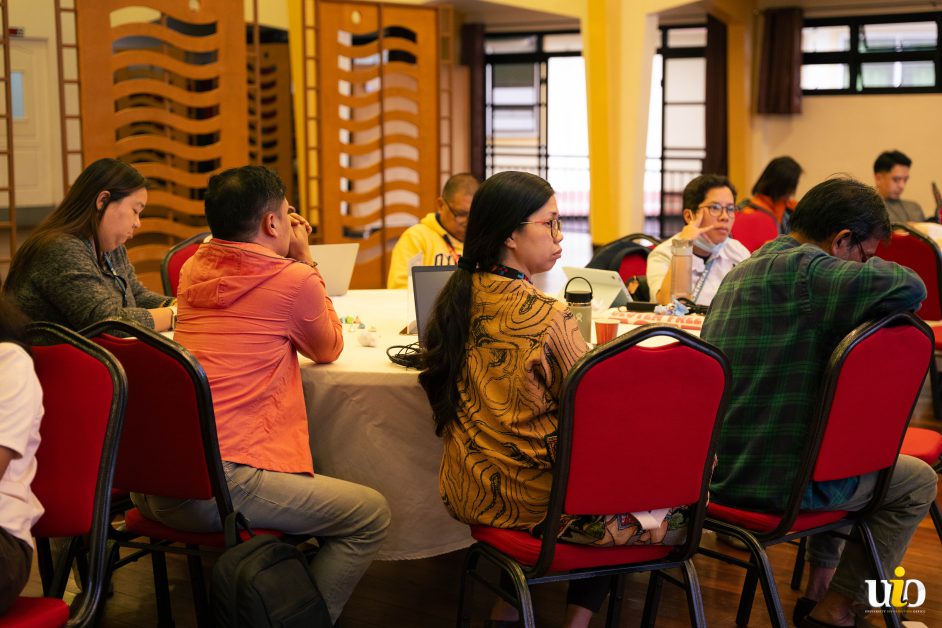
Vice President for Academic Affairs Felina P. Espique, PhD, welcomed the participants and expressed optimism towards the activity. After that, Research Capacitation and Institutional Studies Officer Gwendolyn Tadeo, PhD, oriented the participants on what they should expect from training.
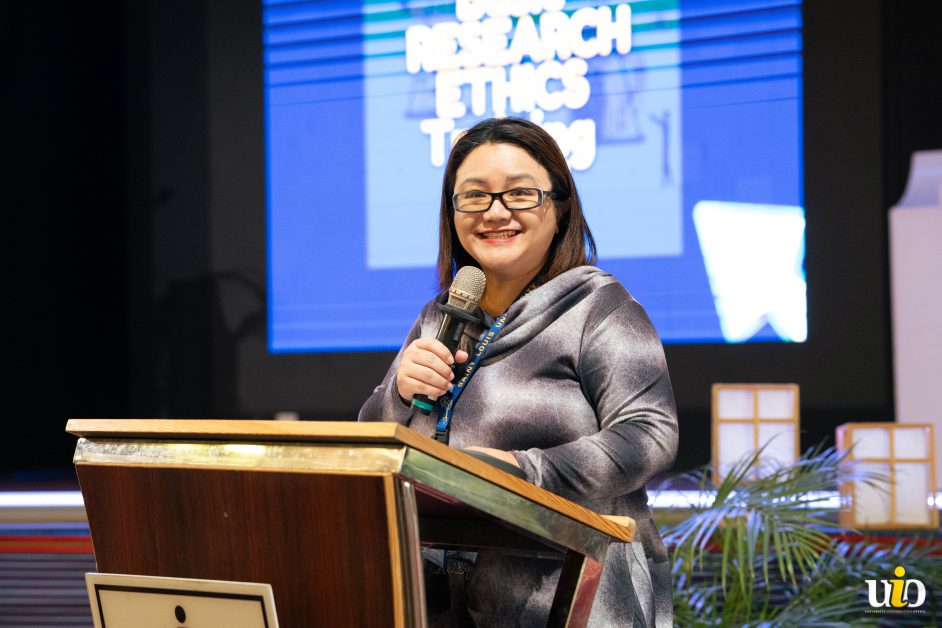
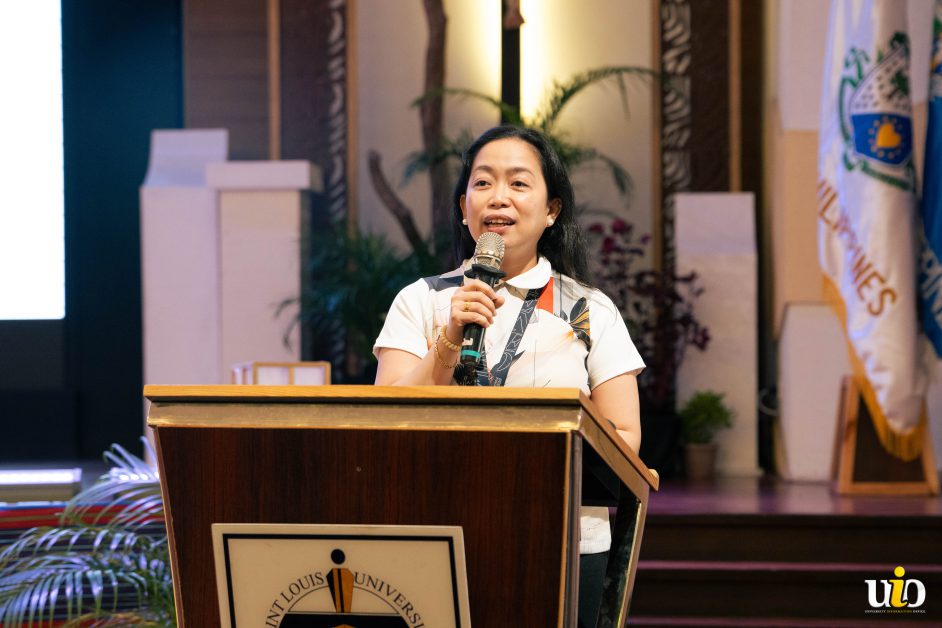
Day 1 started with REC past chair (2023-2024) Ms. Janette Awisan, highlighting the importance of ethics in research. Followed by, former REC Chair (2019-2020) Rufina Abul, PhD, defined research ethics and principles and provided a solid foundation for ethical decision-making in research.
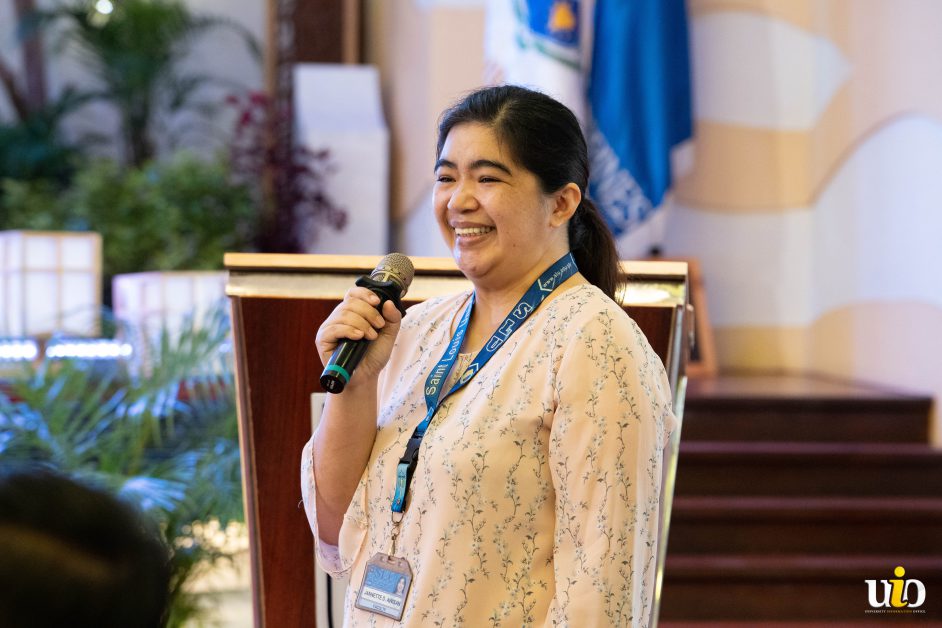
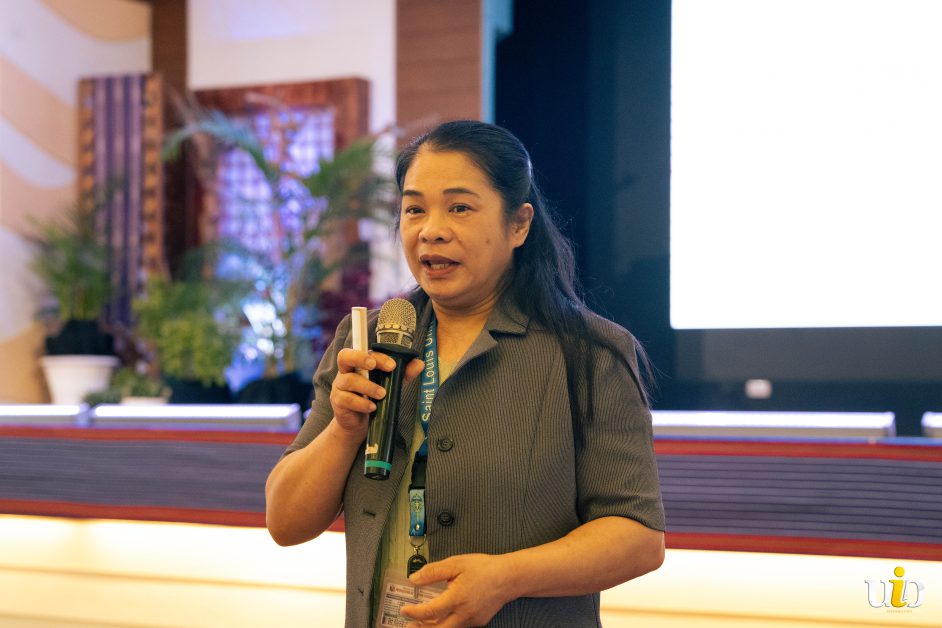
Former REC chair (2020-2022) Dr. Elizabeth Bautista talked about the benefits and risks of conducting research and discussed ethical considerations in balancing potential benefits against potential risks to research participants.
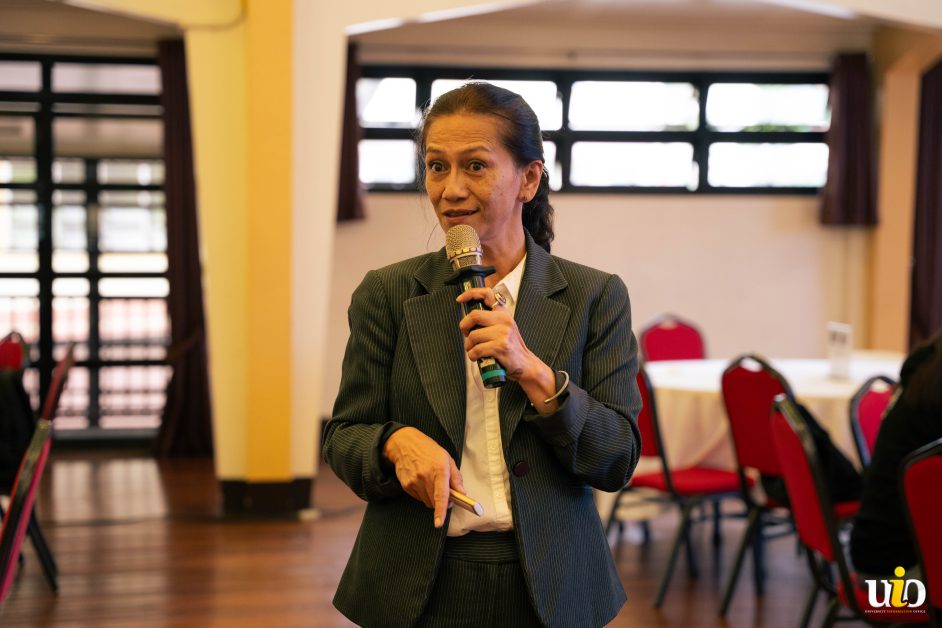
Research Ethics Committee member Dr. Allan Jay Espiritu, PhD, delved into the importance of informed consent and provided practical guidance on developing effective consent forms.
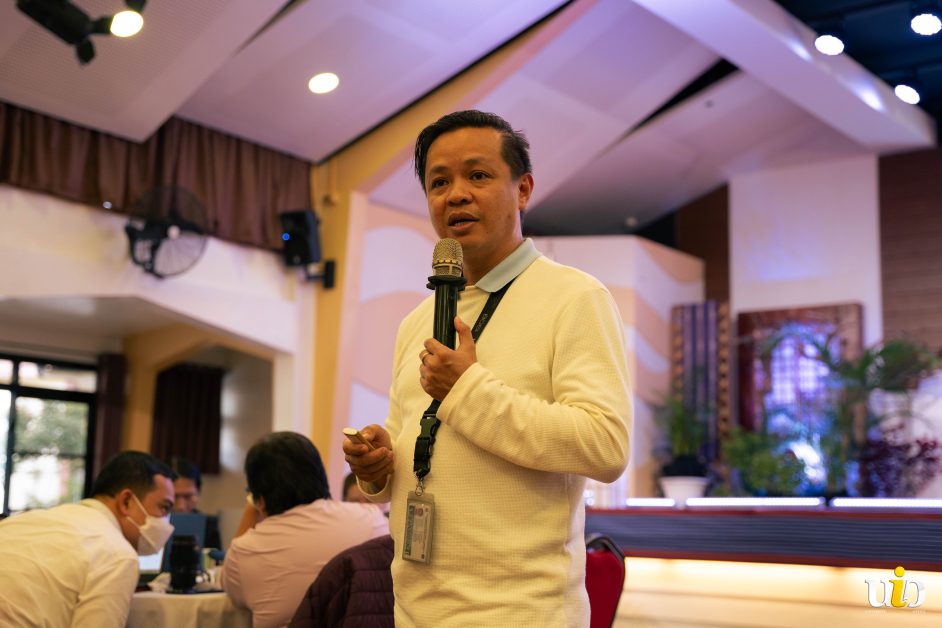
Then, the past REC co-chairman (2021-2024) Norbert Angalan, PhD focused on the crucial principle of justice in research. He also explored the ethical considerations in ensuring equitable distribution of benefits and burdens and protecting vulnerable populations.
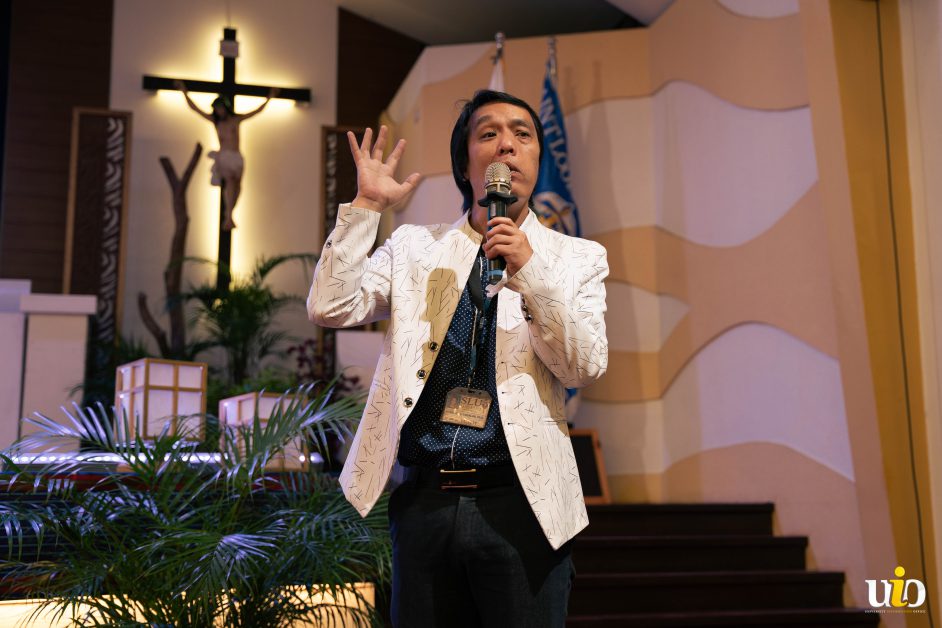
Furthermore, SLU REC Reviewer and CRHRDC REC member Robert Tolentino, MD, shared his extensive knowledge of international and national guidelines in research ethics. He discussed the overview of the fundamental principles and standards that govern ethical research conduct on a global scale.
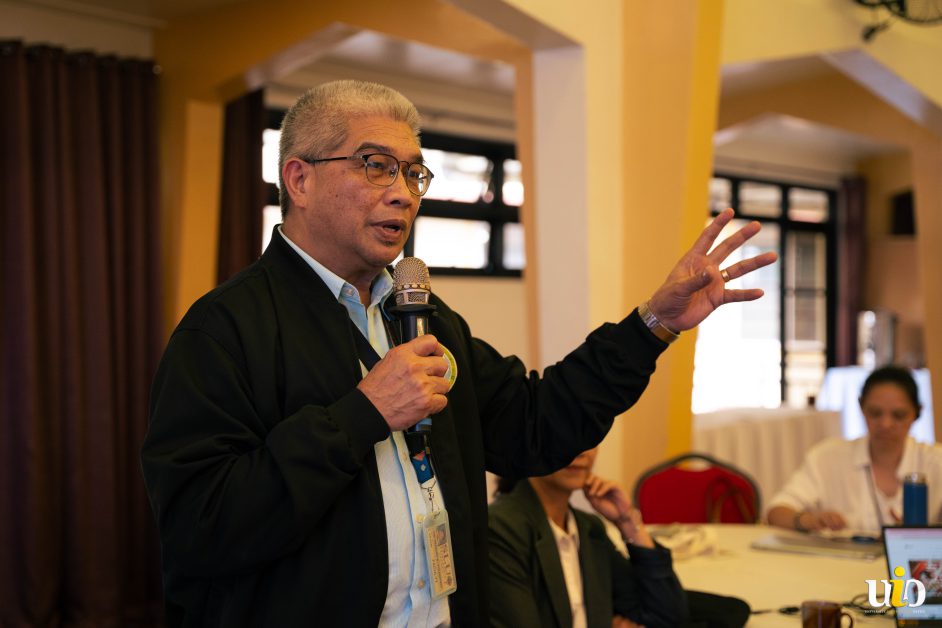
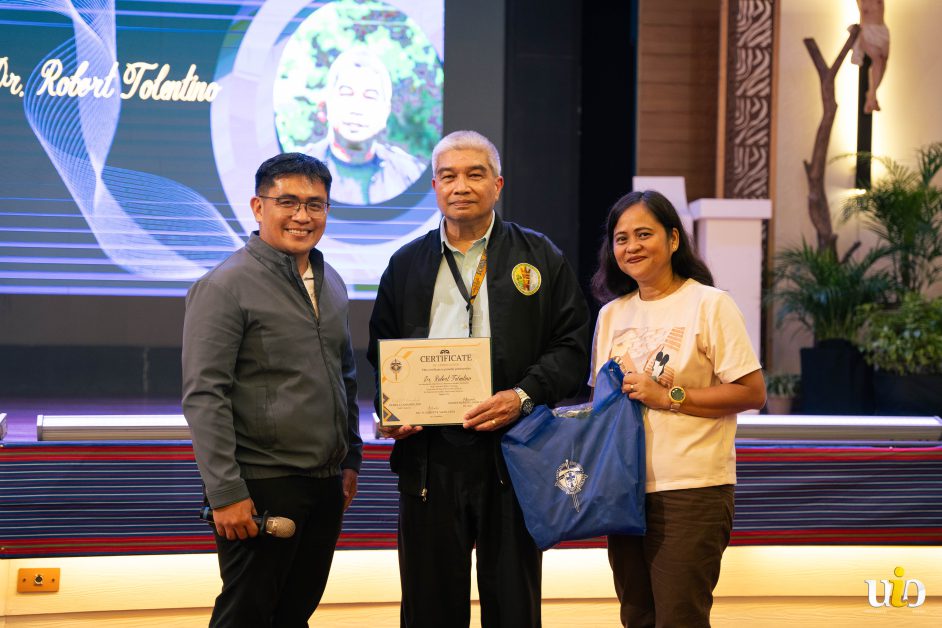
The Day 2 session started with former REC chairman (2022-2023) Mark Job Bascos, PhD, RN, with the topic Protocol Assessment that delved into identifying the components and explaining the process of reviewing the SLU-REC protocol format.

The current REC Chairman Rainer Moreno-Lacalle, PhD, focused on protecting against vulnerability in research and discussed the importance of informed consent and assent, the role of SLU-REC in protecting vulnerable populations, and finding solutions to vulnerability in research.

Then, the School of Medicine Dean and REC member John Anthony Domantay, MD, discussed Specific Guidelines for Public Health Emergencies. SAS Dean and former REC Member Faridah Kristi Wetherick, PhD, delved into how to be a qualified researcher to ensure quality research.


Further, the REC member Mary Grace Lacanaria, PhD, gave an overview of the roles and functions, compositions, and appointments of SLU-REC. Moreover, former REC chair Ms. Janette Awisan discussed Navigating the Ethics Review Process, focusing on the essential requirements for ethics submission, exploring the stages of the ethics review process, and identifying common challenges in ethics review. UnRIC Director Dr. Richel Lamadrid closed the training and encouraged everyone to participate so that the research culture could flourish in the University.



The training’s goal was to equip participants with the knowledge and tools necessary for conducting research responsibly and with integrity and for the potential REC faculty members to fully commit themselves to being part of the SLU-REC. This event reflected the CICM Advocacy of Justice, Peace, and Integrity of Creation (JPIC) and aligned with the United Nations Sustainable Development Goals, particularly Quality Education (SDG 4) and Peace, Justice, and Strong Institutions (SDG 16). (Article by Arnmari Dela Cruz, UIO Intern | Photos by Keziah Vestidas, UIO Intern)
